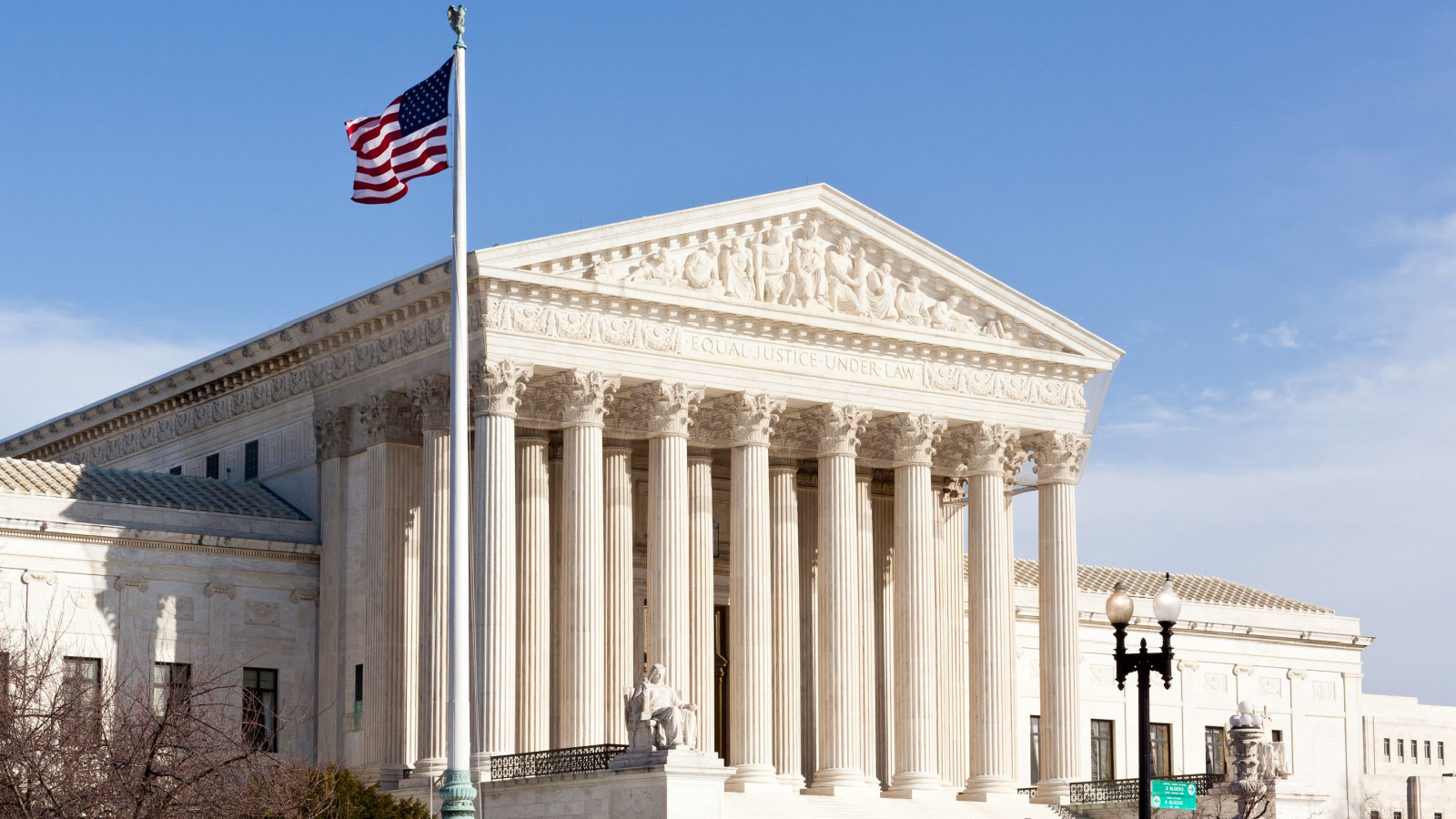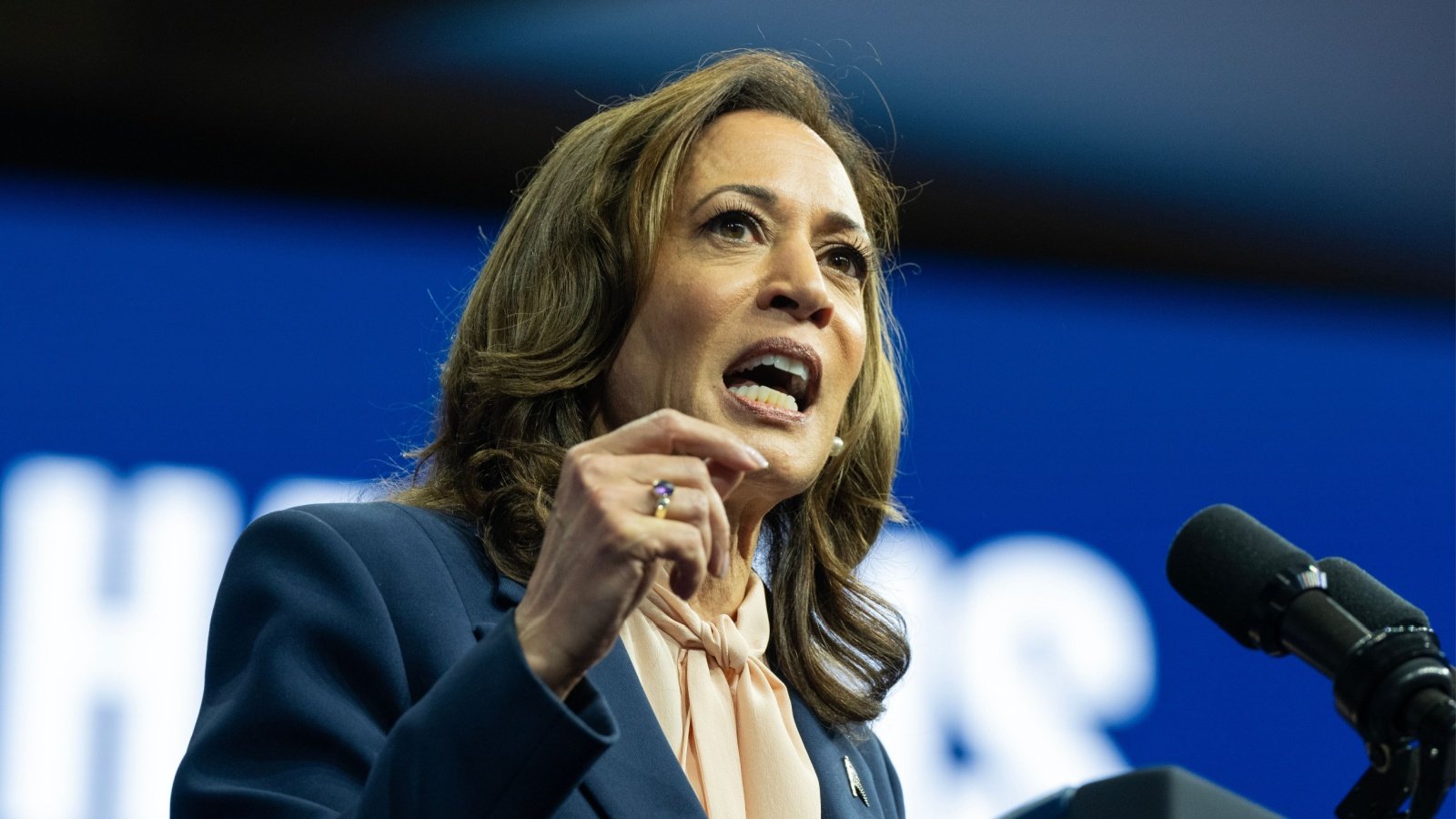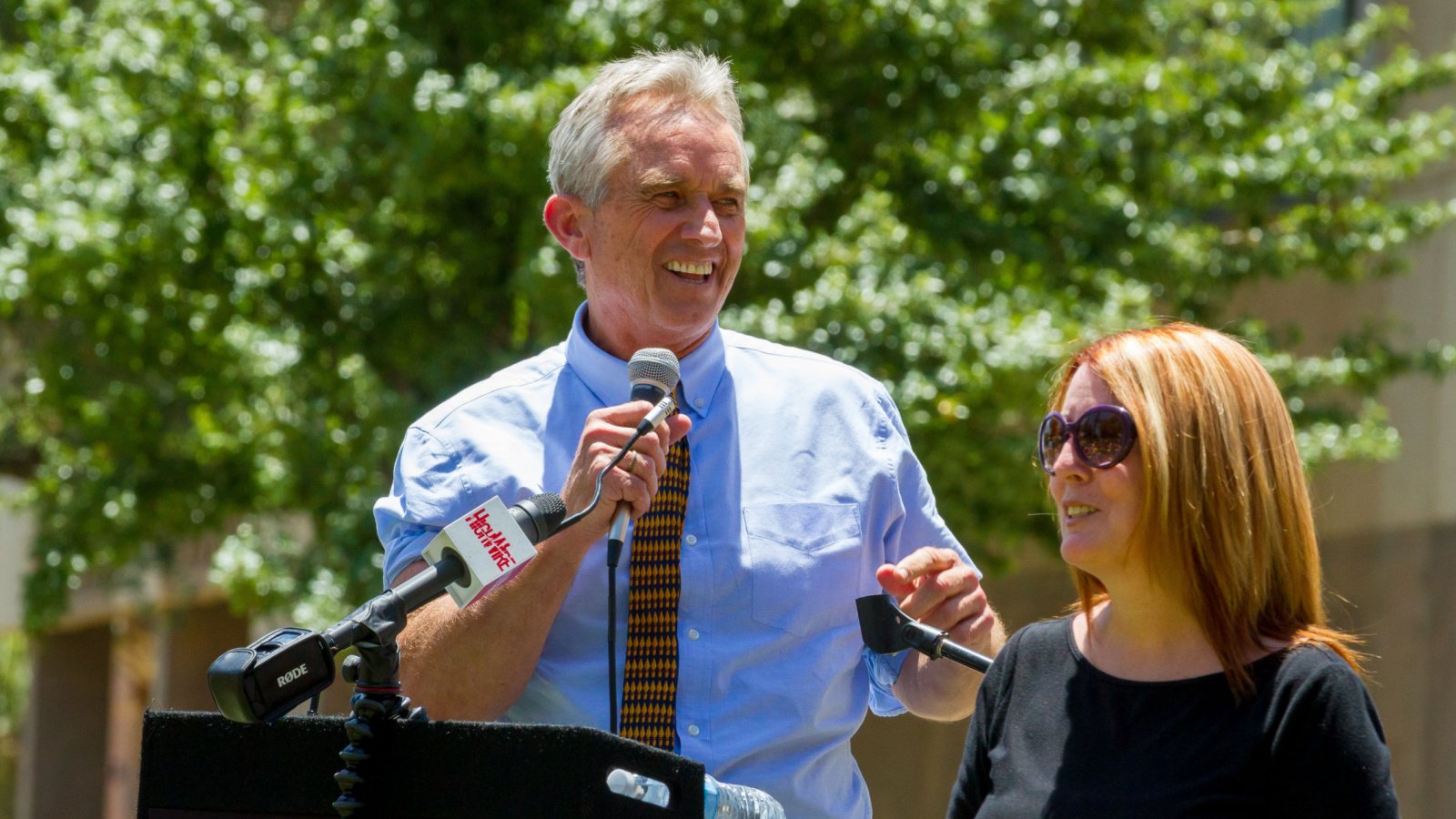The United States Supreme Court intervened Thursday to partially agree to the Republican National Committee’s (RNC) emergency request to reinstate an Arizona law that requires state officials to reject voter registration forms that do not require proof of citizenship.
Supreme Court Decision Overview

The vote came down 5-4 to allow the Arizona law to go into effect. The controversial law mandates state election officials reject ballots where the registrant did not provide proof of citizenship.
Justices’ Stances on the Decision
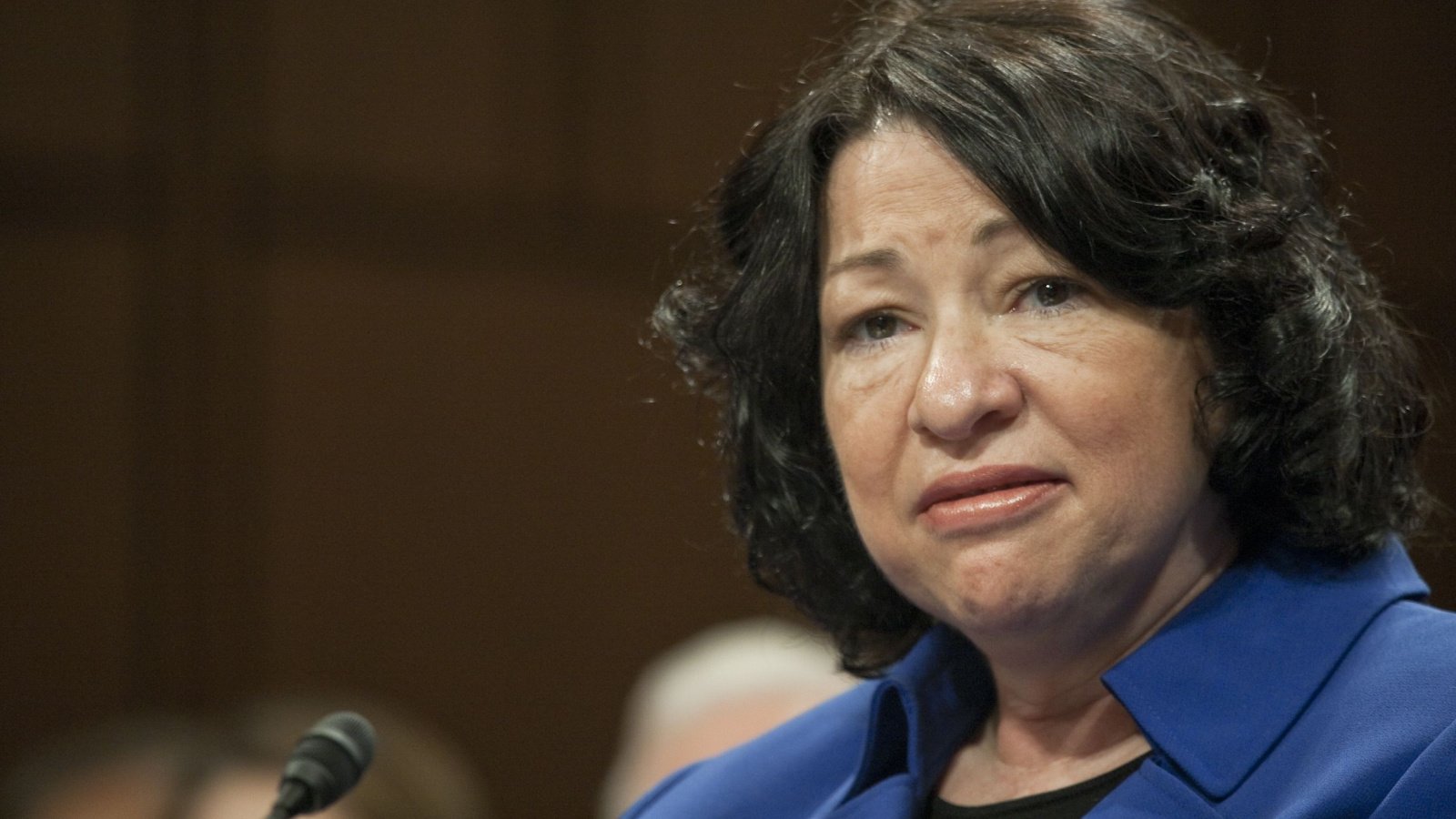
The four female Justices on the Court, liberals Sonia Sotomayor, Elena Kagan, Ketanji Brown Jackson, and conservative Amy Coney Barrett, opposed the emergency request. Conservative Justices Clarence Thomas, Samuel Alito, and Neil Gorsuch, along with Brett Kavanaugh and Chief Justice John Roberts, voted to reinstate the proof-of-citizenship provisions.
RNC’s Reaction to the Decision

RNC Chairman Michael Whatley wrote on X, “A seismic win in the fight to stop non-citizens from voting– more to come.”
Urgency of the Request
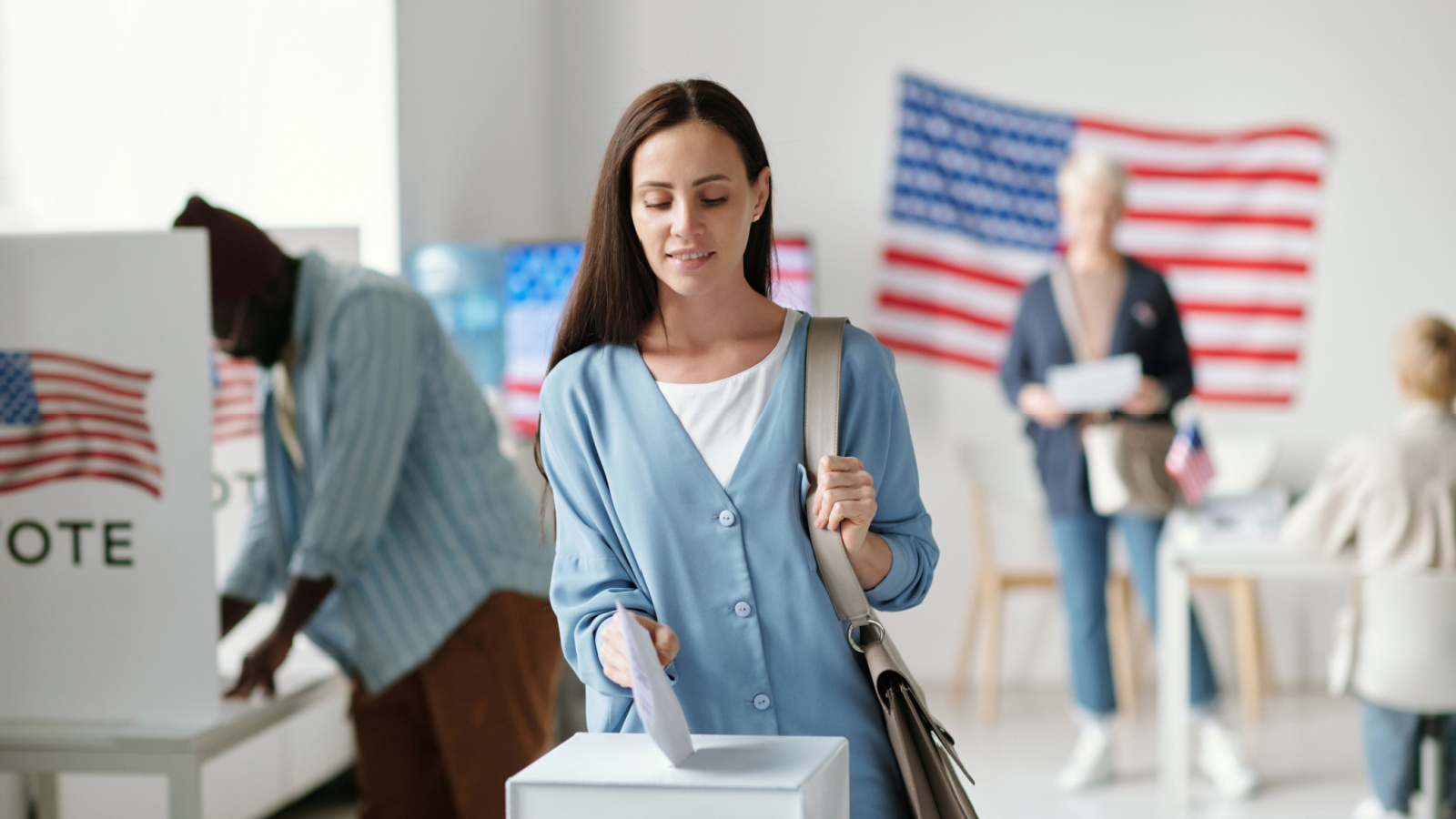
The emergency nature of the request comes with Arizona’s ballot printing deadline, which is looming on August 22. Arizona is expected to be a toss-up swing state regarding the Presidential race, and the Supreme Court decision allows this year’s ballots to be printed in accordance with the new provision.
Complexity of Arizona’s Voting Laws

Arizona’s voting laws are complex. They are based on a two-track system for voters to register for state and federal elections separately. Each registration application has different requirements, leading to a decade-long fight over the need for proof of citizenship, which is required by the state voter registration law but not by the federal form.
Federal vs. State Registration Forms
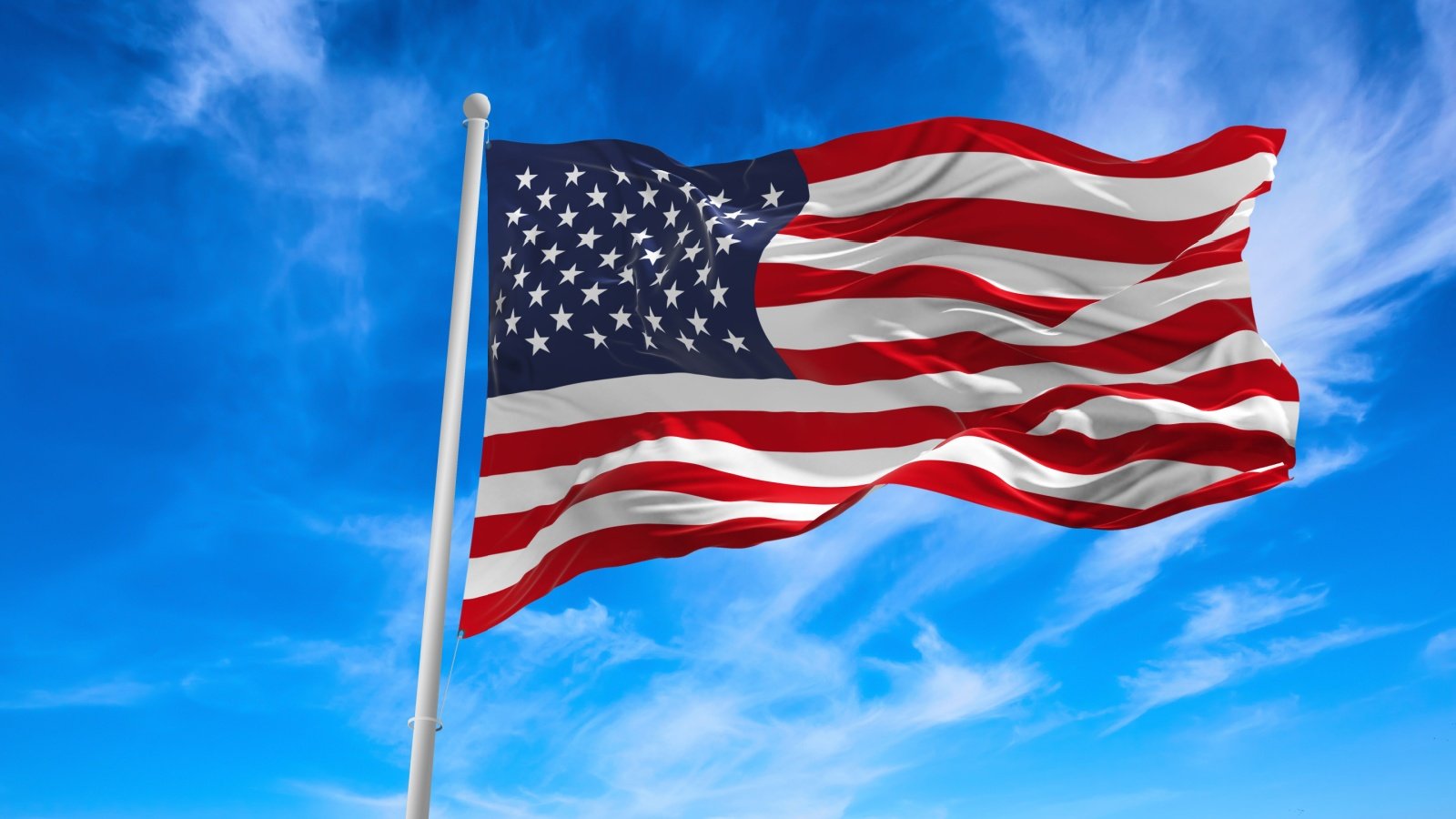
Both registration forms explicitly require the voter to be a citizen. Even in the federal registration form, voters have to swear under penalty of perjury that they are U.S. Citizens, even though they do not have to provide proof as the state form requires.
Previous Voting Eligibility Conditions
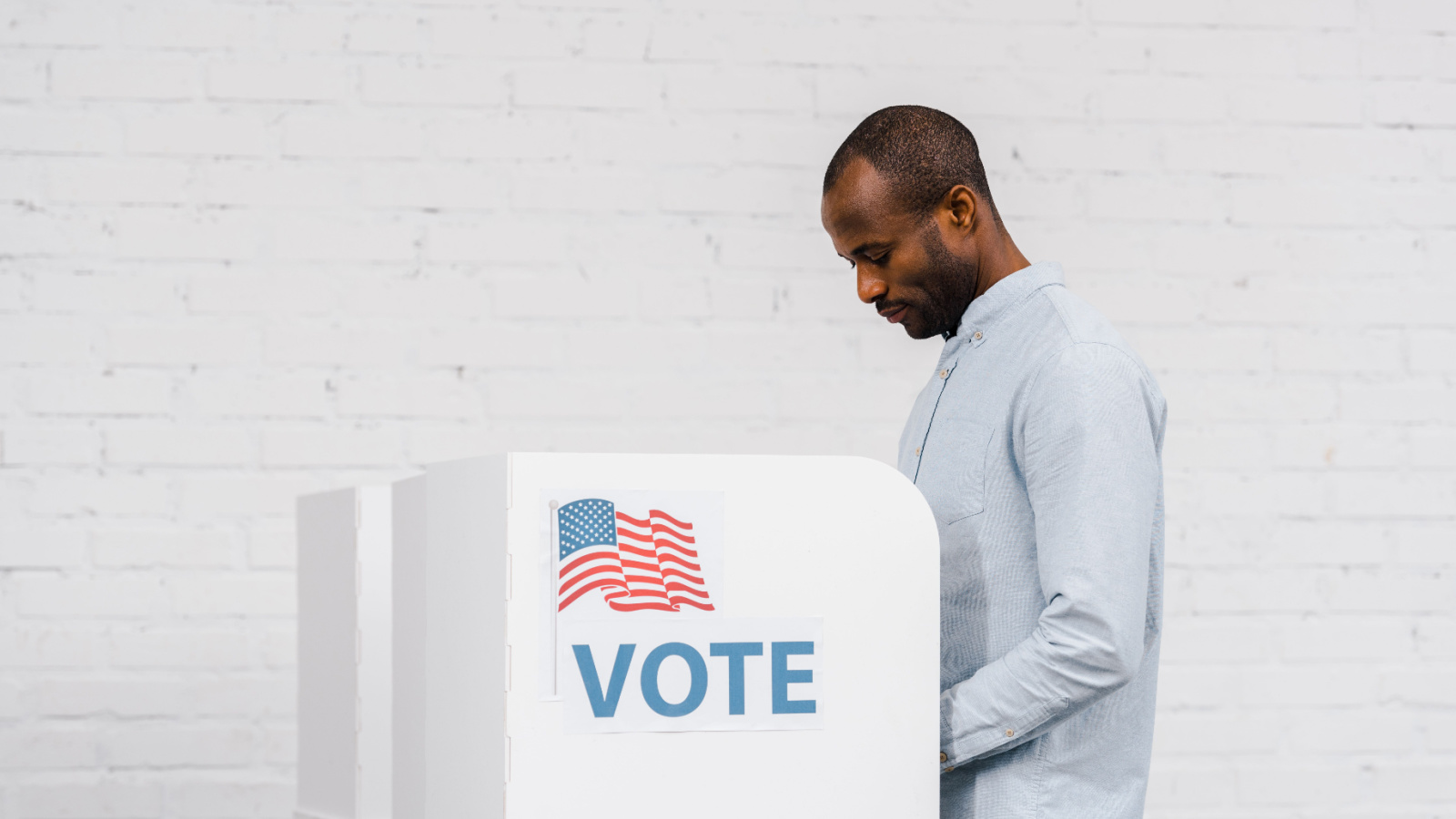
Until the Supreme Court relief was granted, effective as of this election, voters who registered through the state’s registration form but did not provide proof of citizenship could not vote in state elections but only in federal elections. According to the Secretary of State in Arizona, as of July 1, 42,301 voters in Arizona were registered only for federal elections.
Provisions Requested by the RNC

The RNC requested two provisions from the Court. The first involved reinstating Arizona’s prohibition on voting by mail or in person if the voter did not provide proof of citizenship. The RNC claims Arizona had the authority to change its voter registration policies.
Biden Administration’s Stance

The Biden Administration did not dispute this portion of the law that the Court reinstated. However, the Democratic National Committee and some voting rights groups have criticized the provision, claiming that Arizona’s changes are unconstitutional and preempted by an overriding federal law.
Potential Impact on Registered Voters

Now that the provision is set to be reinstated by the Supreme Court, the Arizona Secretary of State estimates about 42,000 registered voters may be prohibited from voting in November.
Previous Judicial Rulings

Previously, a federal district judge blocked the new provision, and it was not lifted upon appeal until the 5-4 majority on the nation’s highest Court reinstated it for the sake of the 2024 Presidential election, as the merits of the case are undergoing legal review.
Opposition to the Emergency Request
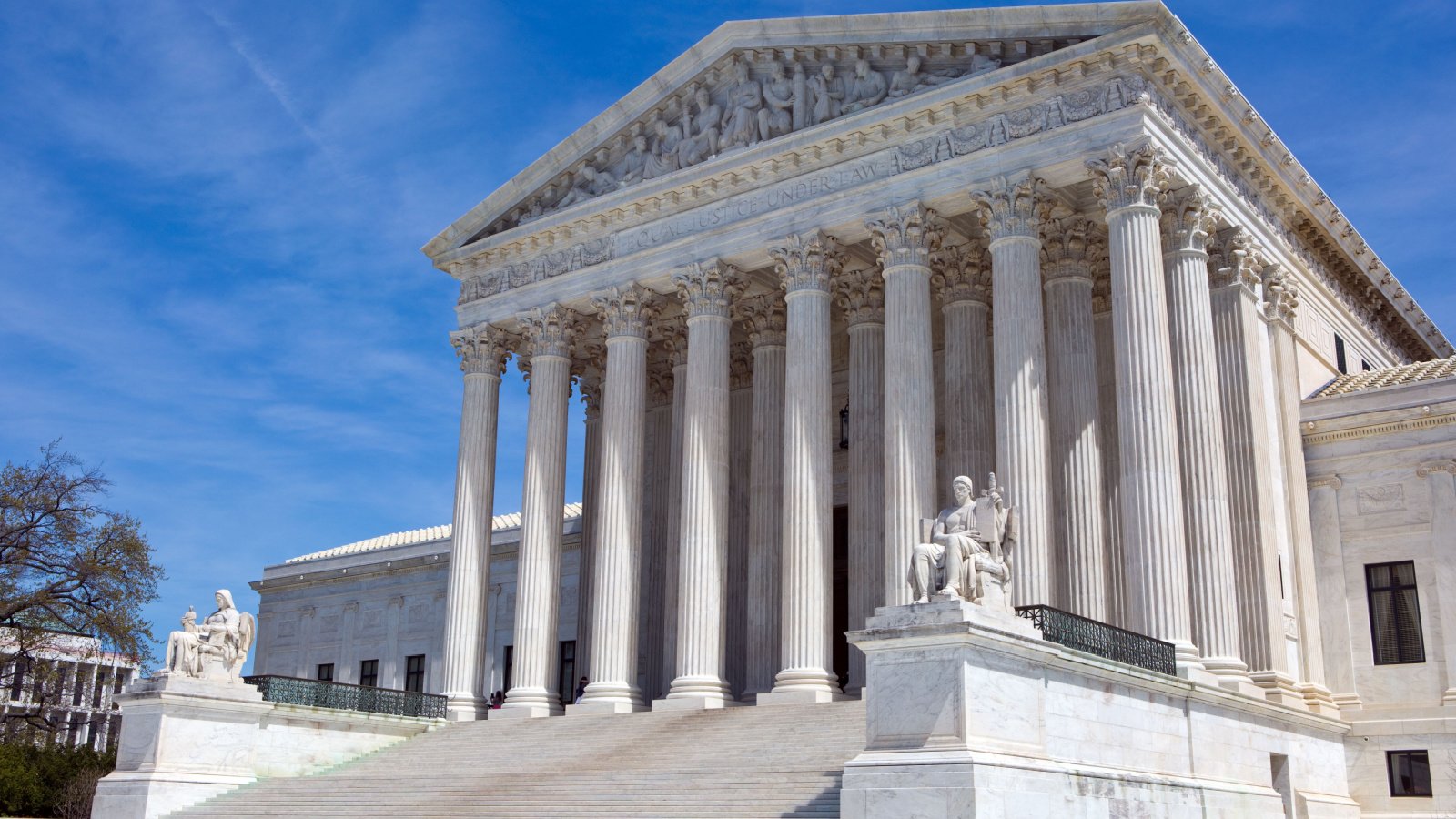
The RNC and Arizona officials filed for emergency relief. The DNC and voter rights groups contested the need for the relief, claiming the RNC had not met the burden to prove the need.
Concerns About Timing
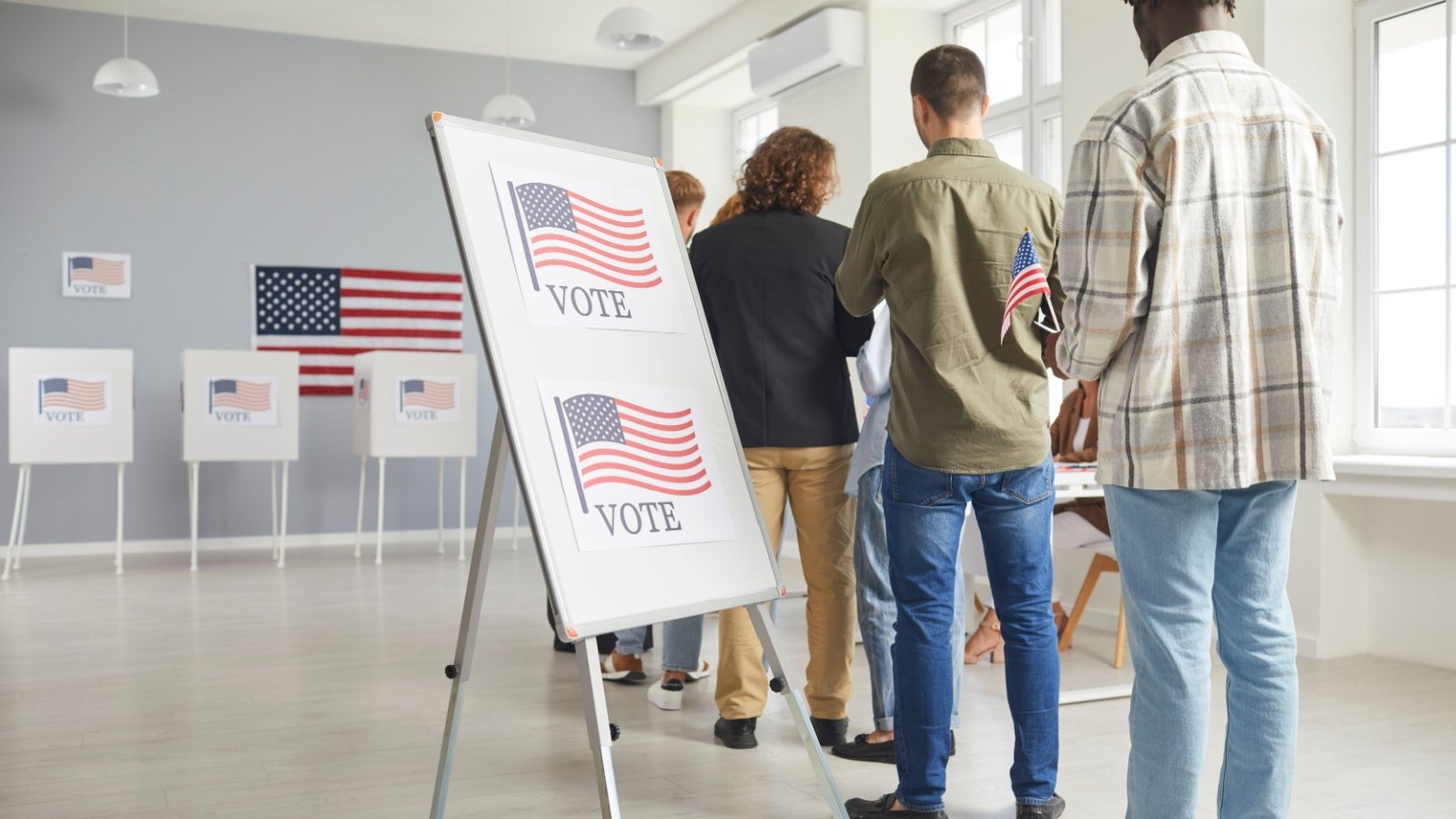
Democrats from Arizona opposed the emergency request, stating that the Supreme Court’s intervention so close to the election and the ballot printing deadline “would be destabilizing.”
Arizona’s Democratic Secretary of State Adrian Fontes said that his office “will implement these changes while continuing to protect voter access.” He also said, “My concern is that changes to the process should not occur this close to an election, it creates confusion for voters.”
Court’s Partial Agreement with the RNC
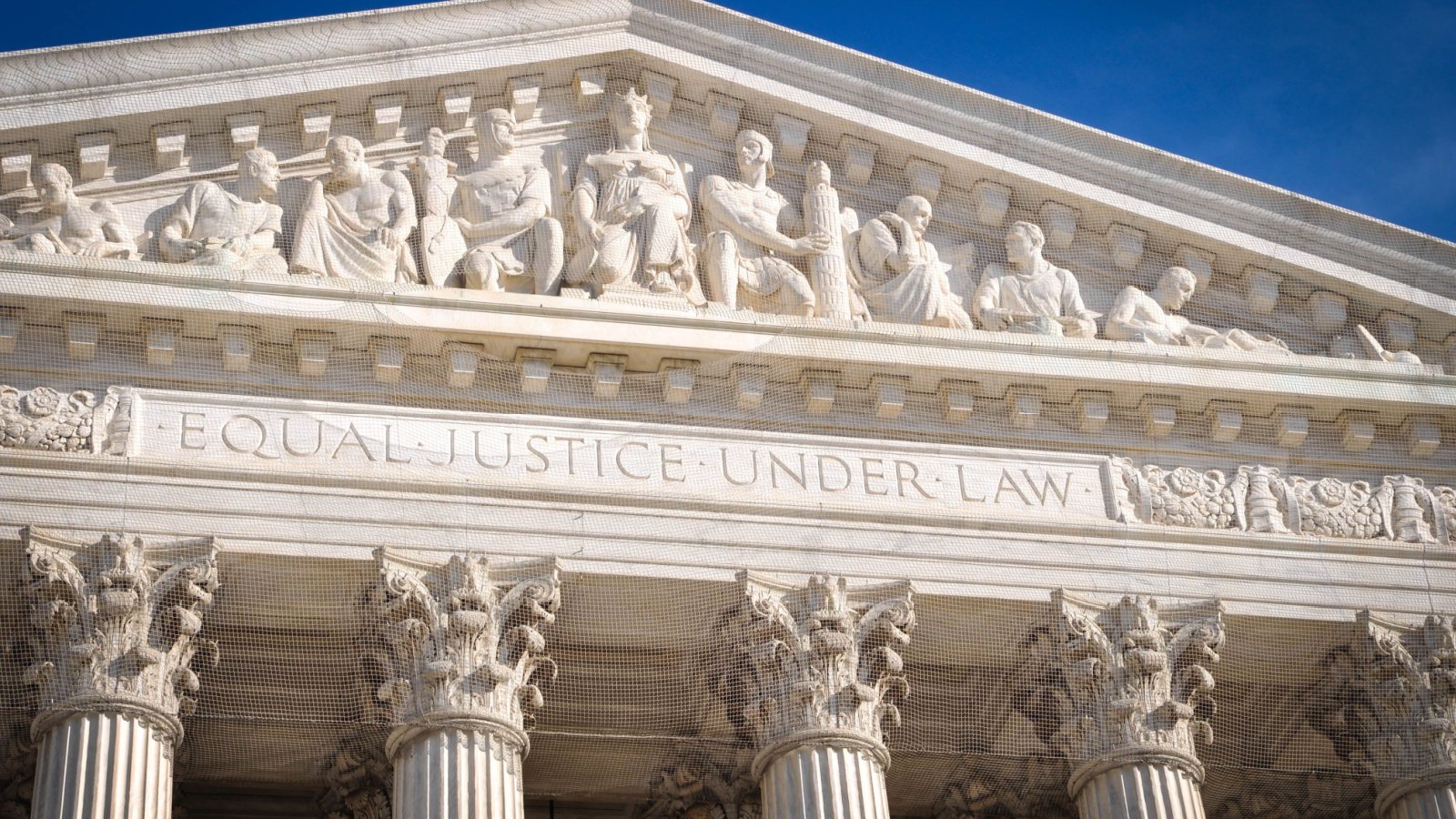
The Court only partially sided with the RNC, rejecting an emergency appeal to reinstate other portions of the Arizona law that would result in tens of thousands of currently registered voters voting in the November Presidential election.
Implications for the Upcoming Election

The stakes in the election are high and fights over voter registration, and eligibility could sway the election in Arizona, where President Biden beat former President Trump by only ten thousand votes in 2020.



